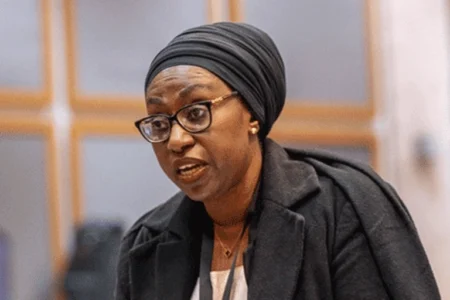The Federal Government has introduced 26 technical education trade areas in a move it says would align Nigeria’s skills acquisition with industry demands.
The reform will take effect from the 2025/2026 academic year.
Folasade Boriowo, the education ministry’s spokesperson, said the trade areas will see all federal science and technical colleges (FSTCs) transition to full-fledged federal technical colleges.
Under the new structure, students will be required to take one trade course alongside general subjects.
She said Tunji Alausa, the minister of education, stated that the move is part of an effort to “reduce overload” and produce a more skilled workforce.
The 26 trades, modernised to reflect industry needs, include:
- Brick Laying, Block Laying and Concreting
- Woodwork, Carpentry and Joinery
- Plumbing and Pipe Fitting
- Computer Hardware & GSM Repair and Maintenance
- Refrigeration & Air-conditioning Works
- Mechanised Agriculture (Mechanics or Operations/ Smart Agriculture)
- Autobody Works
- Catering Craft Practice
- Solar PV Installation and Maintenance
- Fashion Design and Garment Making
- Livestock Farming/Animal Husbandry
- Fish Farming Activity (Aquaculture)
- Motorcycle & Tricycle Repairs
- Painting, Decoration, and Finishes (Interior Design)
- Welding & Fabrication
- Auto-Electrical Wiring
- Auto-Mobile Mechanics
- Beauty Therapy & Cosmetology
- Creative Media (Digital Media Production)
- Electronic Systems Maintenance Craft
- Furniture Making & Upholstery
- Networking & System Security (Satellite TV Antenna installation and maintenance)
- Social Media Content Creation and Management
- Tiling & Cladding (Tilling and decorative stonework or Floor cover installation)
- Automobile CNG Conversion and Maintenance
- Leather Works
The reform also introduces “Citizenship and Heritage Studies,” a subject that combines Nigerian history, civic education, and social studies.
The ministry said this will “ground students in national values” and better equip students to contribute to national development.











